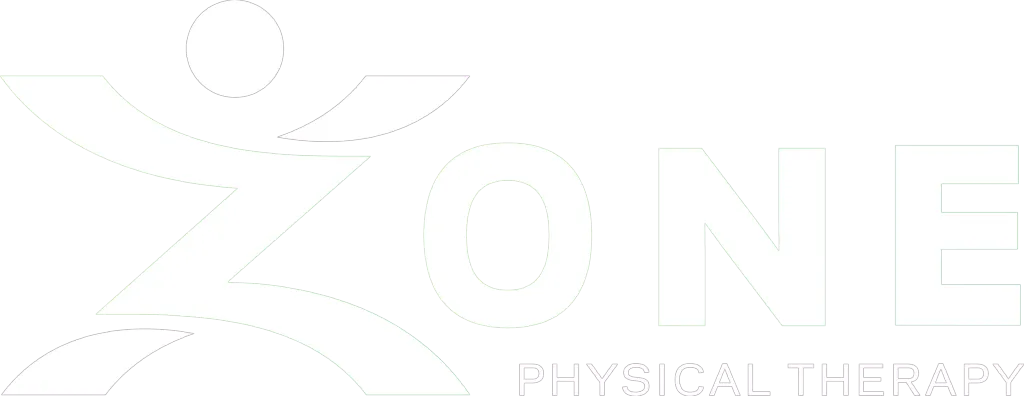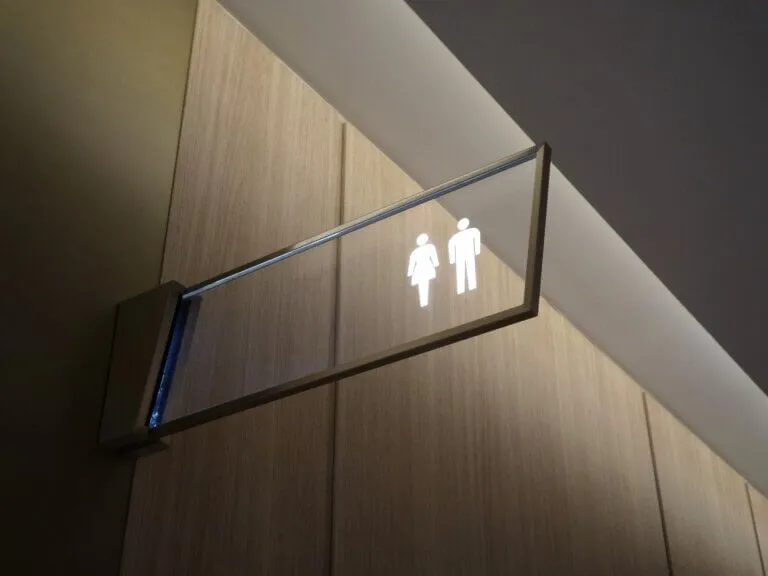Urinary incontinence can be an annoying, life-altering problem for many people.
New moms, seniors, people recovering from surgery around their abdominal and hip area, and those taking certain medication are most vulnerable to the 4 types of urinary incontinence we will cover in this blog.
In severe cases, incontinence can completely wreck your daily life, leaving you feel self-conscious, and fearful of leaking in public.
If you are struggling with leaking, or a frequent or urgent need to pass urine, we share the best treatment for 4 common types of urinary incontinence.
Types of Urinary Incontinence
There are four common types of urinary incontinence that we see in our physical therapy clinic; Stress Incontinence, Urge Incontinence, Overflow Incontinence and Total Incontinence.
Stress Incontinence
Stress incontinence is where the pressure in your bladder becomes too much for your urethra to remain closed.
Your urethra is a tube that urine passes through to leave the body, and can struggle to hold when you are laughing, coughing or sneezing. These actions create extra pressure which results in leakage.
If you are noticing loss of bladder control when you laugh out loud at your favourite TV show, or sneeze, you are probably struggling with urinary incontinence.
Weak pelvic floor muscles can play a big role in this issue and can be very common after childbirth – especially with new moms who deliver vaginally, rather than caesarean section.
Stress incontinence can also become a bigger problem during pregnancy too as this places more pressure on your stomach.
Urge Incontinence
Urge incontinence is when you have sudden, and frequent need to pass urine.
This type of incontinence is caused by the detrusor muscles which form the walls of your bladder, and contracts to empty the bladder.
The detrusor muscle can become overactive for a variety of reasons such as excessive caffeine or alcohol consumption, dehydration, constipation, neurological conditions and side effects of some medication.
If you notice an urgent need to pass urine that comes from nowhere, urge incontinence is probably the problem you are struggling with.
This can be really inconvenient, and make it difficult when you’re away from home, leaving you always looking out for the nearest restroom just in case it strikes.
Overflow Incontinence
Overflow incontinence is usually caused by an obstruction, or blockage which affects your bladder. You may have also this being called Chronic Urinary Retention.
With overflow incontinence, your bladder fills up as normal, but because of the blockage, it cannot fully empty.
As a result, pressure builds up in the bladder, and this leads to frequent leaks.
Your bladder can become obstructed due to bladder stones, an enlarged prostate gland or even constipation.
Another reason for overflow incontinence is your detrusor muscles not fully contracting. This can happen if you suffer from nerve damage after surgery, a spinal cord injury or taking certain medication.
If you are noticing more frequent leaks that occur without a sudden urge to pass urine, or as a result of extra pressure (such as when you cough), you may be struggling with overflow incontinence.
Total Incontinence
Total incontinence is when your bladder is unable to hold any liquid at all.
This is the most severe and disruptive type of incontinence and can result in passing urine constantly, or passing urine occasionally with frequent leaking in between.
Common causes of total incontinence are bladder problems after childbirth, spinal cord injuries which disrupt the nerve signals between your brain and bladder, and a bladder fistula (where a small hole forms between the bladder and another body part; such as the vagina.
If you notice significant leaking, you may have total incontinence.
Treatment For Urinary Incontinence
Whichever type of urinary incontinence you are suffering with, we appreciate how frustrating and inconvenient it can be.
And we know for challenging it can be for people to get the right support – especially for new moms after birth, who are made to feel like incontinence is a part of motherhood!
But there are things that can be done to stop, or massively reduce your incontinence so you can get avoid embarrassing situations where you leak in public and laugh without fear.
How Strengthening Your Pelvic Floor Can Stop Urinary Incontinence
A natural, and proven way to stop urinary incontinence is by strengthening your pelvic floor.
You’ve probably heard of your pelvic floor before and might have even tried some exercises to strengthen these muscles at home.
However, urinary incontinence can be a complex condition, and that’s where expert help can really make the difference – both in drastically speeding up improvements, but also giving you the best chance of a full recovery from urinary incontinence.
How Physical Therapy Can Help Urinary Incontinence
One of our physical therapist can help determine the root of your problem with urinary incontinence, rather than simply treating the symptoms. This means that you get long term results – and it doesn’t come back!
We can also provide pelvic floor rehabilitation will focuses on strengthening the muscles under your bladder in order to treat and eliminate incontinence issues naturally, and without the risk of surgery or medication.
At Zone Physical Therapy, we currently offering a limited number of free Pelvic Floor Pain Assessments. This is the first step to help you recover from urinary incontinence.
In our clinic, we are experiencing extremely high demand for pelvic floor physical therapy as more and more patients put their faith in natural pain relief and solutions to common Women’s Health problems such as incontinence, painful sex, and muscular aches.
Our team have helped hundreds of people, just like you, reduce incontinence and improve their pelvic health and we would love to help you!
To arrange your free Pelvic Floor Pain Assessments – Request An Appointment or call us on (864) 351-7254.



